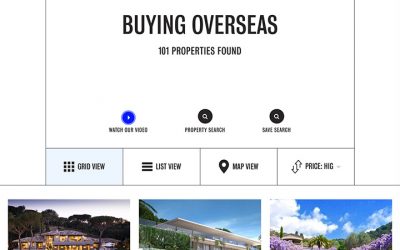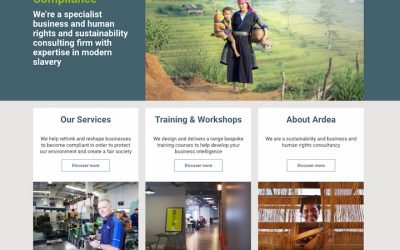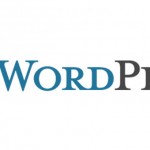CMS Website Development
A content management system or CMS is exactly what it sounds like – a system to manage the content of your site. Content management system sites are dynamically generated, in other words each page is created “on the fly” by the web server by taking the content from a database, laying it out in a page template, and serving the rendered page to the browser.
Site content is managed by logging into a secure admin interface, where new pages or posts can be added or edited. The page editors are quite sophisticated, offering similar functions as a word processor including a WYSIWYG text editor, and the ability to upload images and attachments such as PDF documents.
Content Management Systems
Offers much more sophisticated functionality, such as dynamically updated home page or content personalised to the user
Content is separated from code, making it much simpler for staff to manage content changes
Changes to page templates are reflected across the site, it is easy to update the look and feel
Much more demanding on the server, so requires performance tuning for scalability
The complexity of CMSs make them vulnerable to hack attacks
Requires more sophisticated hosting, although this is widely and cheaply available
Static HTML Sites
Can be suitable for sites where the content doesn’t change frequently
Very simple hosting requirements
Extremely fast performance and low page load times
Much more impervious to hack attacks
Static site generators can generate static pages from a CMS to get the best of both worlds
Content is enmeshed with markup code, requiring expert knowledge to update pages
Changes to site look and feel require every page to be updated
If managing content is your main priority (as opposed to selling things), then there are two major players in the content management system world: WordPress and Drupal. Both of these systems are open source, which means they are maintained by a community of thousands of volunteers who keep them secure and up to date with new features. Open source systems have the advantage of not requiring an investment in the CMS software itself, although it will require development time to set up and configure.
Both of these CMSs are well-established and offer powerful features, and are used by some of the biggest websites out there. They offer different advantages depending on the project: as a broad generalisation, WordPress is suitable for sites requiring fairly standard functionality and where ease of use is a high priority; while Drupal’s modular design makes it suitable for sites requiring sophisticated functionality and where scalability is important.
Some of their key features are compared below:
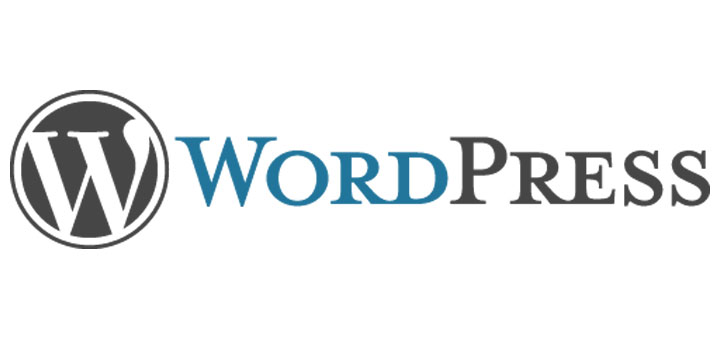
WordPress
- Evolved from a blogging platform into a fully fledged content management system
- Excellent intuitive admin interface that staff are often familiar with, or pick up quickly
- Many thousands of plugins available to extend functionality, although these are often costly
- The widest range of off-the-shelf themes available
- Security must be a priority as WordPress is a popular target for hackers
- Plugins often have inconsistent user interfaces
- It’s often difficult to integrate different plugins (for example a payment gateway with a booking system)
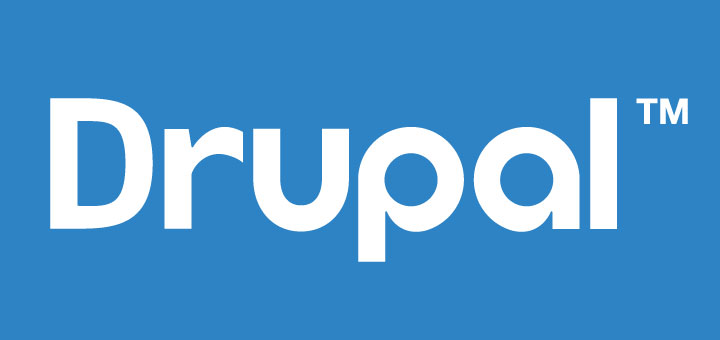
Drupal
- Designed from the ground up as a modular content management system
- The admin interface requires some configuration to be more user friendly
- Many user-contributed (free) modules available to extend functionality
- A good range of base themes available
- Less vulnerable than WordPress to hack attacks, but still needs to be kept up to date
- Modules have consistent user interfaces common to Drupal itself
- As a modular system, most of the major modules can be easily integrated with each other
Find Out More
Moot Point can help you choose a content management system that works for your business. Get in touch and take control of your content now.
Recent CMS Projects
Stonebridge & Co.
WordPress theme build to integrate with the Property Hive property management platform,
Ardea International
WordPress redesign with custom theme in Foundation framework with many custom post types and templates. Membership system and monetised content management.
SEM Careers
WordPress recruitment site using custom post types for job listings and custom web forms for online applications.

